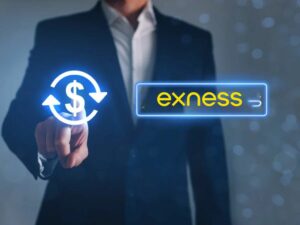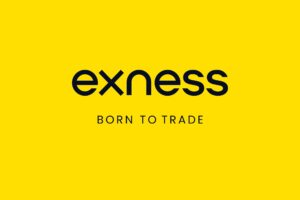Exness is a well-established name in the financial trading space, particularly known for offering retail trading services. However, beyond retail clients, Exness has evolved into a company with significant appeal to proprietary (prop) traders. A proprietary trading company (or prop firm) refers to a company that uses its own capital to engage in financial trading. In this article, we’ll explore Exness’s role as a prop trading company, how it fits into this space, and why it stands out for traders looking for capital to trade with.
What is Proprietary Trading?
Proprietary trading involves firms using their own funds to trade financial markets. Unlike retail traders who trade with their own money, prop firms are focused on generating profits from the market using the capital they manage. These firms often provide funding, resources, and tools for traders, sharing the profits generated by the trades with them.
For prop traders, the advantage of trading with a prop firm like Exness lies in access to larger capital, advanced tools, and professional support. Instead of risking their own funds, traders can leverage the capital provided by the firm and split the profits.
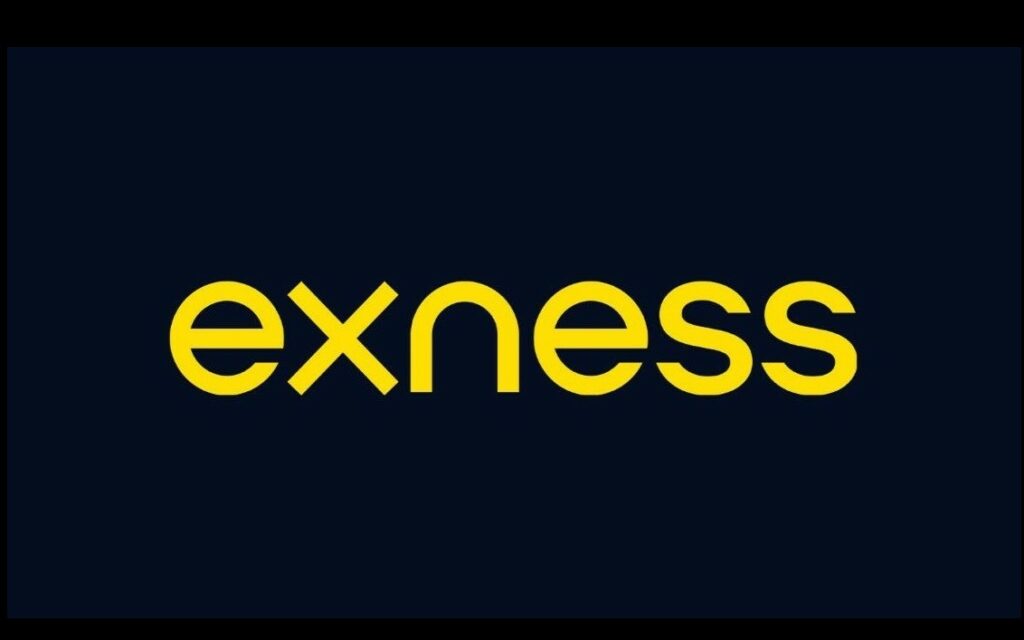
Exness as a Prop Firm: Overview
Exness has traditionally been known for providing brokerage services to retail traders. However, it has increasingly attracted the attention of prop traders due to its strong infrastructure, reliable platforms, and favorable trading conditions.
Key features of Exness for Prop Traders:
- Advanced Trading Platforms: Exness offers popular platforms such as MetaTrader 4 (MT4) and MetaTrader 5 (MT5), which are widely used by both retail traders and prop firms. These platforms offer high-level charting, automated trading options, and access to a wide range of markets.
- High Leverage: Prop traders typically rely on leverage to amplify their trading capital. Exness provides high leverage ratios, allowing traders to control larger positions than their initial margin would allow.
- Liquidity Access: Exness partners with top-tier liquidity providers, ensuring that traders can execute trades efficiently without slippage. This is particularly important for prop traders who need precise execution for their strategies.
- Risk Management Tools: Risk management is crucial for any prop firm. Exness offers tools that help traders manage their risk, such as stop loss, take profit, and margin call features.
- Account Types: Exness provides different account types catering to various trading needs, including accounts suitable for prop trading. These include accounts that allow for larger trade sizes and offer lower spreads.
How Exness Fits into the Prop Trading Space
Exness functions in the prop trading space through a mix of offering favorable trading conditions for traders who wish to trade larger sums. While Exness is not a pure prop firm (meaning they don’t necessarily fund traders with their own capital), they have set up infrastructure that appeals to prop traders who want to use their own capital but still operate in a professional, institutional-grade environment.
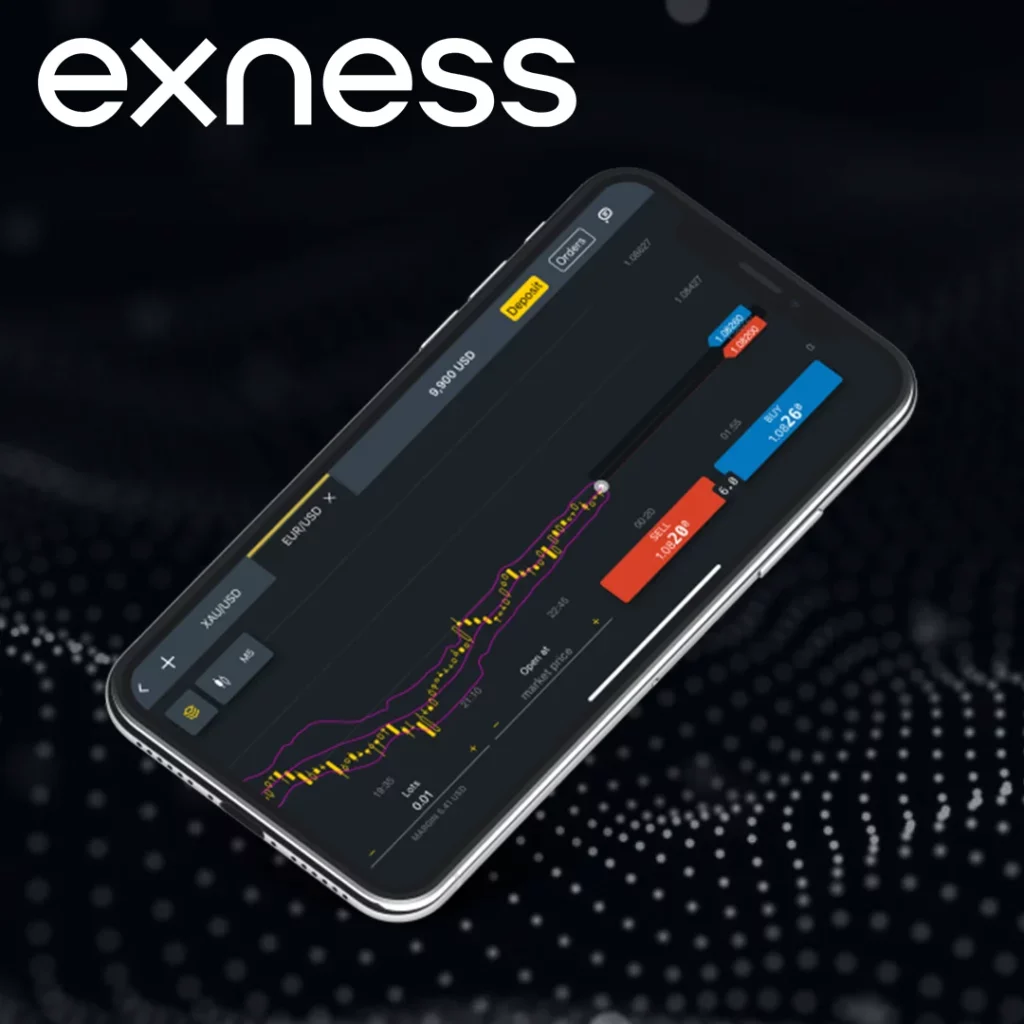
Let’s break down the different components of Exness’s offering that would appeal to prop traders:
- Funding Opportunities: While Exness itself doesn’t provide capital to individual traders in a traditional prop firm model, the leverage they offer can make a small deposit stretch much further. Traders can increase their exposure without the need for significant personal capital investment.
- Profit Sharing: Some prop firms operate on a profit-sharing model, where traders keep a portion of the profits generated. Exness offers flexibility for traders by allowing them to work with significant leverage, which means the potential for profit generation is high.
- Scalability: As a prop trader, scalability is key. Exness offers scalable trading solutions through both their account types and high liquidity. This allows prop traders to scale up their positions as their trading volume increases.
- Top-tier Risk Management: Exness has strong risk management policies in place, which help protect both the trader and the firm from excessive losses. These features are crucial in prop trading environments where capital preservation is just as important as profit generation.
The Benefits of Trading with Exness as a Prop Trader
High Leverage
Exness offers leverage of up to 1:2000, which is significantly higher than what most retail brokers provide. For prop traders, this means they can control larger positions with a relatively smaller investment. Here’s a breakdown of the leverage options available:
| Account Type | Leverage Options | Max Trade Size | Spreads |
| Standard | 1:2000 | 1,000 lots | From 0.3 pips |
| Pro | 1:2000 | 5,000 lots | From 0.1 pips |
| Zero | 1:2000 | 5,000 lots | From 0.0 pips |
| Raw Spread | 1:2000 | 5,000 lots | From 0.0 pips |
The ability to trade larger positions with smaller amounts of capital is a key draw for prop traders, enabling them to take full advantage of their strategies.
Wide Range of Markets
Exness offers a wide range of assets to trade, which is critical for prop traders who rely on diversification to reduce risk. The company provides access to:
- Forex Pairs: Over 100 major, minor, and exotic currency pairs.
- Commodities: Gold, silver, oil, and other major commodities.
- Indices: A selection of global indices such as the S&P 500, NASDAQ, and more.
- Cryptocurrencies: A range of digital currencies like Bitcoin, Ethereum, and more.
Tight Spreads and Low Costs
Exness offers tight spreads, which are a crucial aspect for prop traders who often rely on high-frequency strategies. The tighter the spread, the less cost is involved in executing trades, improving profitability in the long run.
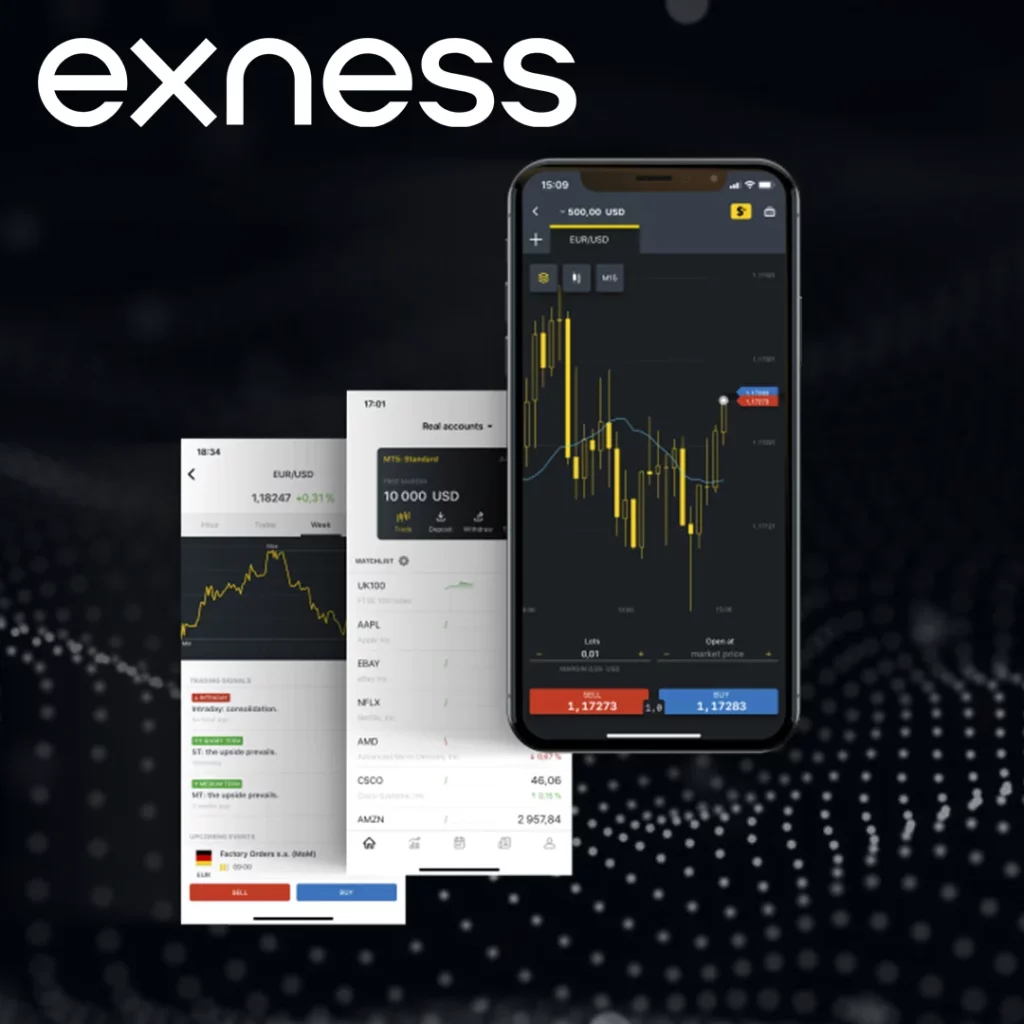
Professional Support
Exness provides excellent customer support, which is crucial for prop traders who need quick, efficient solutions to technical or trading issues. The customer service team is available 24/5 and can be contacted via phone, email, or live chat.
Exness vs Traditional Prop Firms
While Exness offers many benefits for prop traders, it’s important to compare it with traditional proprietary trading firms. Traditional prop firms generally provide traders with capital to trade, and profits are shared between the firm and the trader. Let’s look at how Exness compares with traditional prop firms:
| Feature | Exness | Traditional Prop Firms |
| Capital Provided | Traders use their own capital or leverage provided | Firm provides capital to traders |
| Leverage | Up to 1:2000 | Typically lower (1:100 – 1:500) |
| Profit Sharing | No direct profit sharing model | Profits are typically split (e.g., 70/30 or 80/20) |
| Access to Markets | Forex, Commodities, Indices, Cryptos | Limited to certain asset classes |
| Fees/Costs | Low spreads, competitive fees | Higher costs and commission structures |
| Risk Management | Comprehensive risk management tools | Firm enforces strict risk controls |
Exness offers a more flexible model, as traders can use their own capital while benefiting from high leverage and professional tools. Traditional prop firms, on the other hand, provide capital to traders but often with stricter rules and profit-sharing arrangements.
How to Get Started with Exness as a Prop Trader
For traders looking to use Exness for prop trading, the process is relatively straightforward. Here’s how to get started:
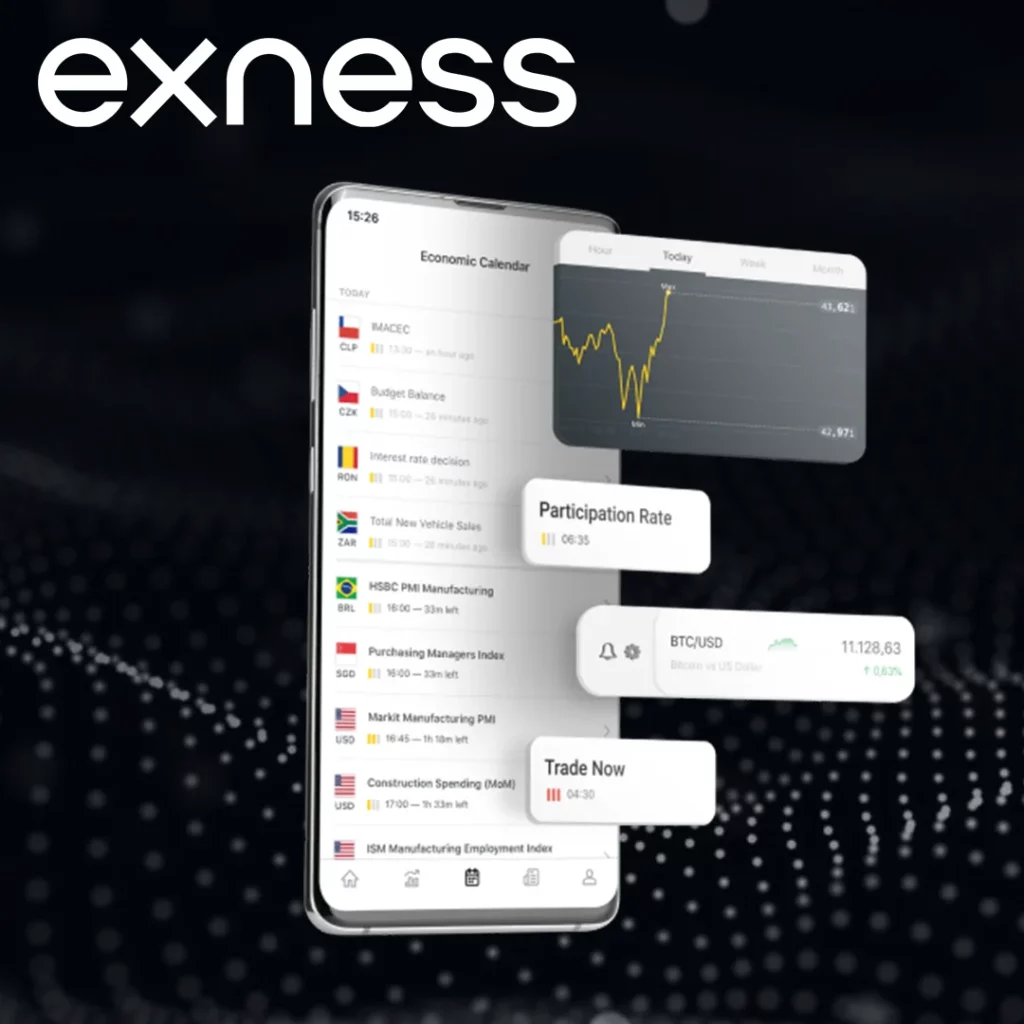
Step 1: Open an Account
Visit the Exness website and click on “Open Account”. Fill in your personal details, verify your identity, and choose the account type that fits your trading goals (Pro or Raw Spread accounts are typically suitable for prop traders).
Step 2: Fund Your Account
Exness accepts various payment methods, including bank transfers, e-wallets, and credit/debit cards. Make a deposit according to your chosen account type and start trading.
Step 3: Start Trading
After funding your account, you can start trading. You’ll have access to the MetaTrader 4 and MetaTrader 5 platforms, where you can begin placing trades. Use your leverage to maximize your trading capacity and implement your strategies.
Step 4: Use Risk Management Tools
Ensure you are utilizing the risk management tools available, such as stop-loss orders, margin calls, and automatic closures, to protect your trading capital.
Step 5: Monitor Performance
Regularly monitor your trades and performance. Use Exness’s detailed reporting and analysis tools to track your trading results and refine your strategies.
Exness’s Risk Management Tools
When trading with high leverage and large positions, risk management is crucial. Exness provides a suite of tools that help prop traders minimize potential losses and protect their capital. These tools give traders the ability to control their trades and manage risks effectively.
Stop-Loss Orders
A stop-loss order automatically closes a position when the price reaches a specified level, helping traders avoid further losses. Prop traders using Exness can set stop-loss orders at various levels to control their risk exposure.
Example: A trader opens a position on EUR/USD at 1.1500 with a stop-loss at 1.1450. If the price drops to 1.1450, the trade is automatically closed, limiting the trader’s loss to 50 pips.
This is particularly valuable for prop traders who often trade with large positions, as the risk of a significant drawdown can be mitigated by using stop-loss orders.
Take-Profit Orders
Take-profit orders allow traders to lock in profits at a specified price level. This feature is especially useful for prop traders who wish to automate their profit-taking process and avoid the temptation to hold onto a position for too long.
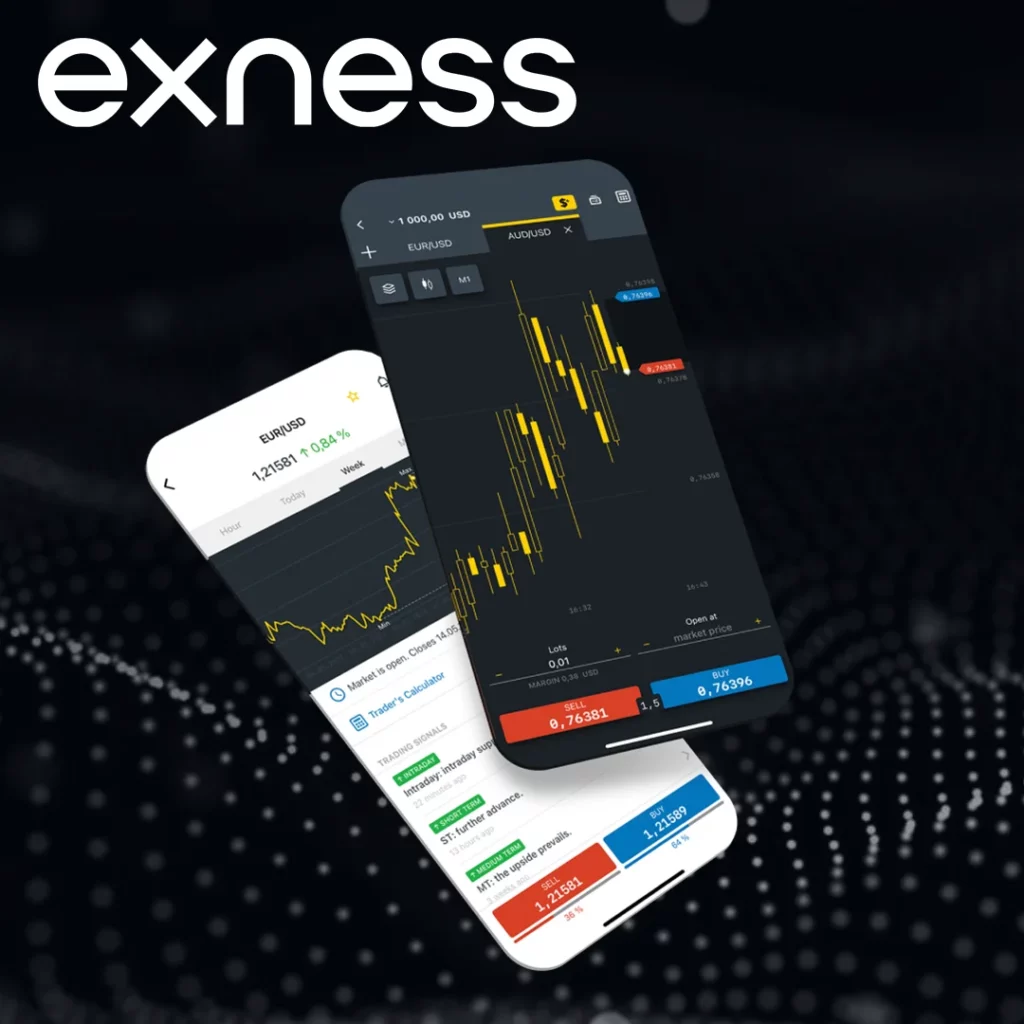
Example: A trader sets a take-profit order on GBP/USD at 1.3700. Once the price reaches this level, the position is closed automatically, ensuring the trader captures the profit.
Take-profit orders are crucial for prop traders who need to maintain discipline and avoid emotional decision-making.
Margin Call and Auto-Close
Exness’s margin call system alerts traders when their account equity falls below the required margin level. If the trader does not take corrective action (e.g., by depositing additional funds), Exness’s auto-close feature will close positions to prevent further losses.
This is particularly important for prop traders who often work with high leverage, as it prevents significant losses from accumulating and protects the trader from a margin call situation.
Advanced Risk Management for Algorithmic Traders
For algorithmic traders, Exness provides additional risk management features that can be integrated directly into automated systems. For example, traders can set trailing stops or implement maximum drawdown limits in their Expert Advisors (EAs), giving them more control over their risk exposure.
Conclusion
Exness may not be a traditional prop trading firm, but it offers a range of features that are highly attractive to prop traders, including high leverage, low spreads, and a wide selection of trading instruments. The infrastructure and trading conditions are well-suited for traders who wish to use their own capital or scale their operations efficiently. While Exness does not directly fund traders, its offering stands as an excellent option for those looking to trade with a professional, institutionally backed environment.
In conclusion, for traders seeking to leverage their capital effectively and manage risk in a highly regulated environment, Exness offers a robust platform that rivals many traditional prop firms.

Trade with a trusted broker Exness today
See for yourself why Exness is the broker of choice for over 800,000 traders and 64,000 partners.
FAQ
What is Exness’s role in prop trading?
Exness is not a traditional prop firm, but it provides advanced technology, high leverage, and competitive spreads, making it an ideal platform for prop traders.

